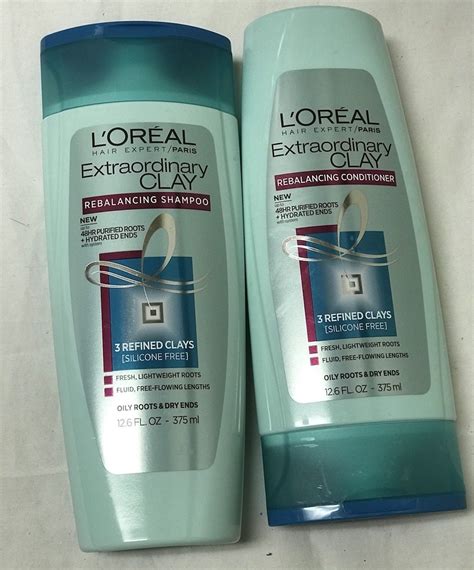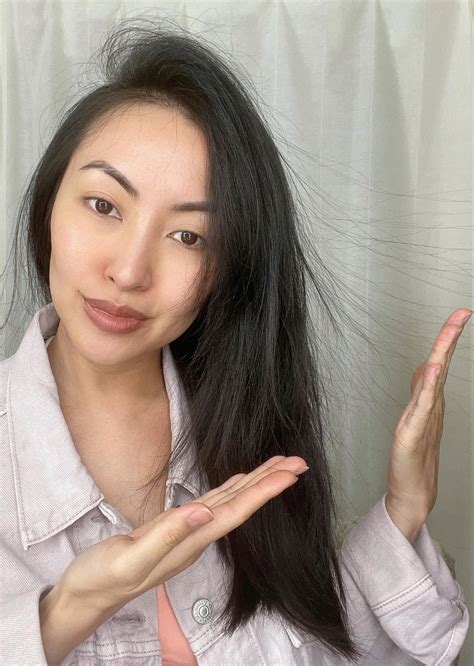Discover the causes of itchy scalp, choose the right ingredients, and learn the effectiveness of natural remedies like tea tree oil while avoiding common irritants.
Understanding Itchy Scalp Causes
Contents
Understanding Itchy Scalp Causes
Do you often find yourself scratching your head due to an itchy scalp? The first step to finding relief is to understand the possible causes of this uncomfortable condition. Dandruff is a common culprit, often caused by an overgrowth of yeast on the scalp. Eczema and psoriasis can also lead to itching and flaking of the scalp. Understanding the root cause of your itchy scalp is crucial in finding the right treatment.
Another common cause of an itchy scalp is contact dermatitis, often triggered by coming into contact with irritating chemicals or substances. This could be anything from certain hair care products to environmental allergens. In some cases, even the hard water you use to wash your hair can contribute to scalp irritation. Identifying and avoiding these triggers is key to resolving your itchy scalp issues.
Furthermore, lifestyle factors such as stress and poor diet can also play a role in causing an itchy scalp. Stress can lead to hormonal imbalances that affect the scalp, while a diet lacking in essential nutrients can result in dry, flaky skin. By addressing these factors, you can work towards alleviating your itchy scalp symptoms.
Through a combination of understanding the potential causes and making targeted changes to your hair care routine and lifestyle, you can effectively manage and reduce the itching and discomfort associated with an itchy scalp. It’s important to consult with a professional, such as a trichologist, to accurately diagnose the cause of your itchy scalp and receive personalized recommendations for treatment.
Choosing the Right Ingredients
When looking for shampoos to treat itchy scalp, it’s important to pay attention to the ingredients they contain. The right ingredients can make a significant difference in alleviating scalp irritation and improving overall scalp health.
First and foremost, it’s crucial to avoid shampoos that contain harsh chemicals such as sulfates and parabens. These ingredients can strip the scalp of its natural oils, leading to dryness and further irritation. Instead, opt for shampoos that are SLS-free and free from other irritating chemicals.
Look for shampoos that contain soothing and moisturizing ingredients such as aloe vera, coconut oil, and tea tree oil. These ingredients can help calm and hydrate the scalp, providing relief from itching and discomfort.
Furthermore, antioxidant-rich ingredients such as green tea extract and vitamin E can help protect the scalp from environmental damage and promote a healthy scalp environment.
In addition to these ingredients, it’s important to consider your individual scalp type when choosing the right shampoo. For example, if you have a sensitive scalp, opt for shampoos that are specifically formulated for sensitive skin and free from fragrances and other potential irritants.
Effectiveness of Natural Remedies
When it comes to treating an itchy scalp, natural remedies can be a popular choice for those seeking a more holistic approach. Many people prefer natural remedies because they often have fewer side effects than conventional treatments, and can be gentler on the scalp.
One of the most effective natural remedies for itchy scalp is apple cider vinegar. Its antibacterial and antifungal properties can help to restore the pH balance of the scalp and reduce itching. Simply dilute apple cider vinegar with water and apply it to the scalp as a rinse.
Aloe vera is another natural remedy that is known for its soothing and moisturizing properties. It can help to reduce inflammation and itchiness, making it a popular choice for those with sensitive skin or scalp conditions.
In addition, tea tree oil is a powerful natural remedy for itchy scalp. It has antimicrobial and anti-inflammatory properties that can help to relieve symptoms of dandruff, scalp irritation, and itchiness.
Furthermore, using coconut oil as a scalp treatment can help to moisturize and soothe the skin, reducing dryness and itchiness. Its antimicrobial properties can also help to combat fungal and bacterial infections that may contribute to scalp itchiness.
Benefits of Tea Tree Oil
Tea tree oil, derived from the leaves of the Melaleuca alternifolia plant, has been used for centuries for its powerful medicinal properties. This essential oil is known for its antibacterial, antifungal, and anti-inflammatory properties, making it a popular ingredient in skincare and hair care products.
One of the main benefits of tea tree oil is its ability to treat dandruff and dry scalp. It can help to soothe itching and flakiness, while also promoting a healthier scalp environment. Additionally, tea tree oil has antibacterial properties that can help to combat scalp infections and improve overall scalp health.
Tea tree oil is also known for its acne-fighting properties. Its natural antimicrobial properties can help to reduce the growth of acne-causing bacteria, making it an effective treatment for acne-prone skin. When applied to the skin, tea tree oil can also help to reduce inflammation and redness, helping to improve the overall appearance of the skin.
Another benefit of tea tree oil is its versatility. In addition to treating dandruff and acne, it can also be used to soothe minor cuts and abrasions, treat fungal infections such as athlete’s foot, and even act as a natural insect repellent.
Avoiding Common Irritants
Avoiding Common Irritants
When it comes to dealing with an itchy scalp, it’s important to be aware of the common irritants that can exacerbate the problem. One of the biggest culprits is harsh chemical ingredients found in many shampoos and hair products. These can strip the scalp of its natural oils, leading to dryness and irritation.
Additionally, fragrances and dyes are often added to hair products to make them more appealing, but these can also trigger allergic reactions and irritation for those with sensitive skin. It’s important to read the label and opt for products that are fragrance-free and hypoallergenic to minimize the risk of irritation.
Another common irritant to be mindful of is the use of hot water when washing your hair. While a hot shower can be relaxing, it can also strip the scalp of its natural oils, leading to dryness and itching. It’s best to use lukewarm or cool water when washing your hair to avoid aggravating the scalp.
In addition to avoiding harsh chemicals, fragrances, and hot water, it’s important to be cautious of how frequently you wash your hair. Overwashing can lead to a dry, irritated scalp, so it’s best to stick to a regular washing routine that is suitable for your scalp type and needs.
By avoiding these common irritants and making mindful choices when it comes to hair products and washing routines, you can help to alleviate an itchy scalp and promote a healthier, more comfortable environment for your hair and scalp.












